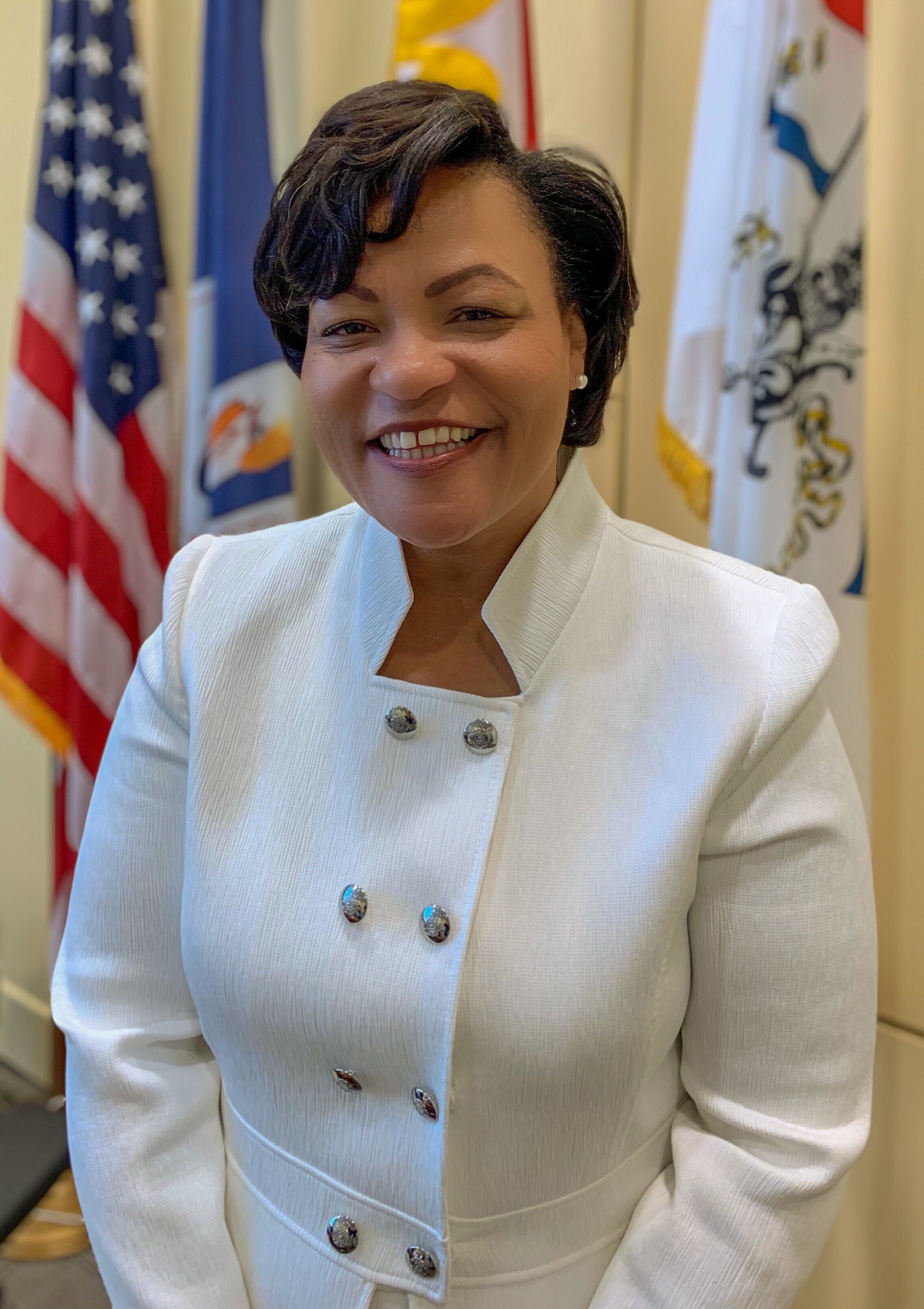The city of New Orleans is a city rich in history, but even richer in pride, culture and most of all, resilience. For current Mayor LaToya Cantrell, equipping the people who have keep the community thriving with an infrastructure that can ensure sustainability is a must.
So when the first Black woman to hold the title of NOLA Mayor spearheaded a deal that resulted in over $40 million of funding to be allocated towards the city’s infrastructure ahead of the 25th ESSENCE Festival, we reached out to get her thoughts on why it was so important and what’s ahead.

ESSENCE: What was the top priority when you first began creating the framework for the infrastructure deal?
My top priority was to connect the need for the city to get its fair share of revenue to address an aging and ancient infrastructure. It’s easy to overlook the sober fact that much of New Orleans’ is more than a century old. Bursting pipes have become a constant reminder of this, and no wonder; they’re anywhere from 114 to 120 years old! New Orleanians are being continually inconvenienced and angered by low water pressure, boil water advisories, water main breaks, you name it. The result: persistent drainage issues and potholes in our streets. It’s a headache and we could no longer kick the can down the road. Infrastructure is a public safety issue, pure and simple.
Now, I’m not the first Mayor to fight for our infrastructure funding, but I’m glad we were able to reach an agreement on a multi-million infrastructure improvements in my first year in a way that redirects current funding streams. It was a win-win-win for all stakeholders and it improves the quality of life for our residents and our millions of visitors each year.
ESSENCE: In what way(s) do you feel it would most benefit the NOLA community to see an increase in support for existing Black-owned businesses and an increase in the number of Black-owned businesses?
Every community wants institutions that represent them, which look like them, and that’s the case for health care, education, public safety, and notably the business community. Black-owned businesses have been a part of our city’s foundation for centuries; they reinforce our local economy and our civic pride. Our children need to see businesses that see them and serve them, and they need to see people like them in positions of ownership, authority and responsibility. We also need to support those businesses in our community to make sure they’re getting their fair share. That’s very important.
ESSENCE: Following the close of the deal, you posed the following question to New Orleanians ahead of phase II of the Fair Share component: ‘What does ‘Fair Share’ look like to you?’ What seems to be most important to local business owners based on the responses you’ve received to that question so far?
Trust! New Orleans’ local businesses form the backbone of our local economy, and they want to be able to trust their City government to efficiently and effectively manage taxpayer dollars to literally fix this problem. As we ask for our fair share, we need to turn around and put that money to work – for our residents and for our businesses that need stronger infrastructure to serve their customers. Local business owners serve a unique purpose. What I hear from these business owners is the need for equity, accessibility and opportunity. That’s what ‘Fair Share’ means to them. It brings hope and it levels the playing field. But we also need to continually earn that trust from them so that they know we’re spending taxpayer dollars wisely and effectively.
ESSENCE: In what ways do you feel the deal will aid in further diversifying the corporate and entrepreneurial workforce in New Orleans to increase the presence of women of color in leadership roles?
“Fair Share” ensures that improvements to our infrastructure affects everyone in this city – for everyone who is trying to make their way up and forward, and that includes a corporate and entrepreneurial workforce that looks more like this city. “Fair Share” doesn’t single out any particular entity or industry. None of our many thriving industries would be successful if not for the hard-working men and women of this city. In that vein, “Fair Share” ensures inclusivity and intentionality for everyone who puts skin in the game. It’s about meeting people where they are and giving them a real way to level up and that’s what’s been missing in our city.
ESSENCE: In what way(s) do you feel it would most benefit the NOLA community to see an increase in support for existing Black-owned businesses and an increase in the number of Black-owned businesses?
Every community wants institutions that represent them, which look like them, and that’s the case for health care, education, public safety, and notably the business community. Black-owned businesses have been a part of our city’s foundation for centuries; they reinforce our local economy and our civic pride. Our children need to see businesses that see them and serve them, and they need to see people like them in positions of ownership, authority and responsibility. We also need to support those businesses in our community to make sure they’re getting their fair share. That’s very important.
—
Hear more about the work Mayor Cantrell is doing in the great city of New Orleans at the 2019 ESSENCE Festival, where we’ll be celebrating 25 years of moving the culture forward!
